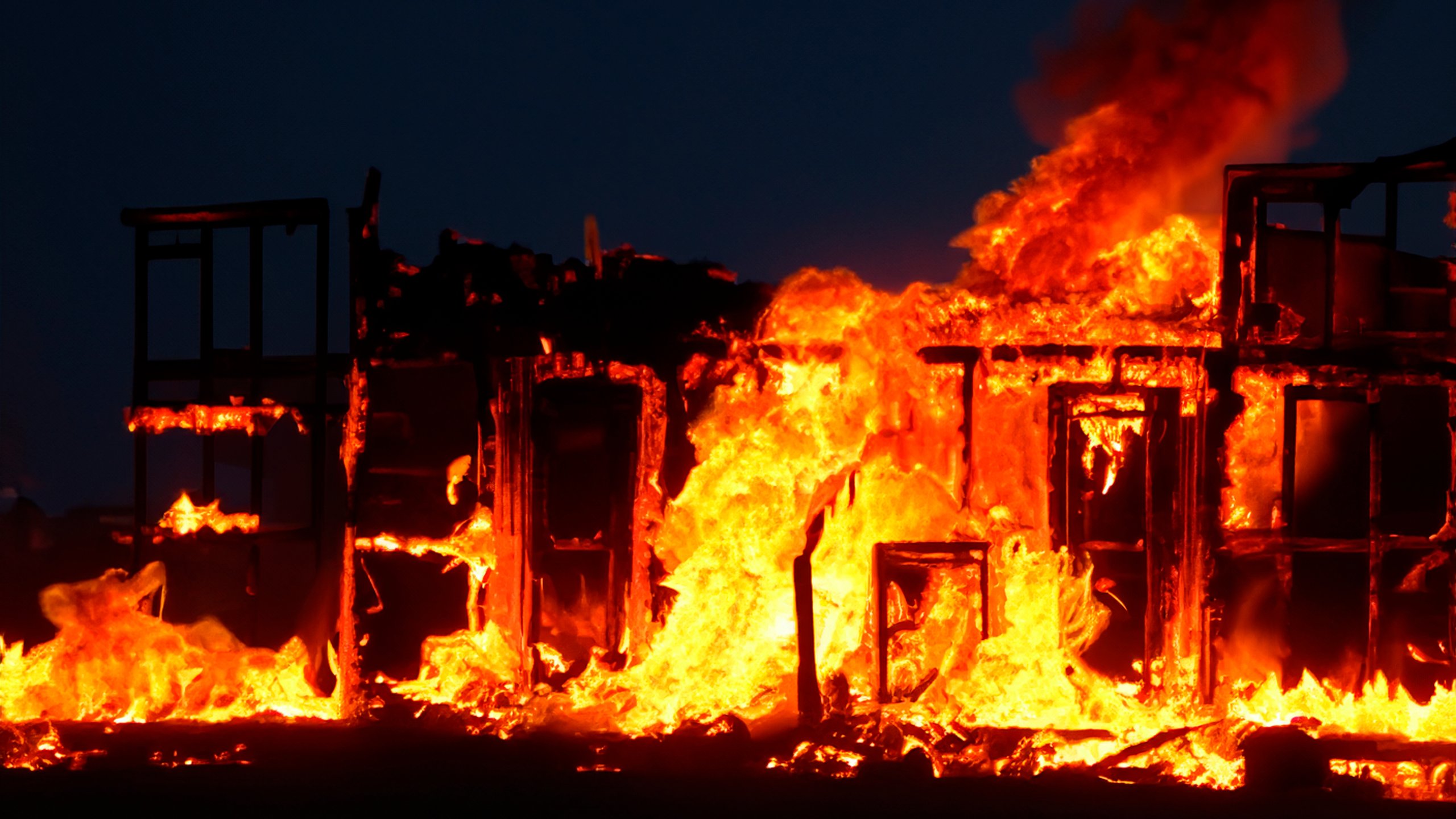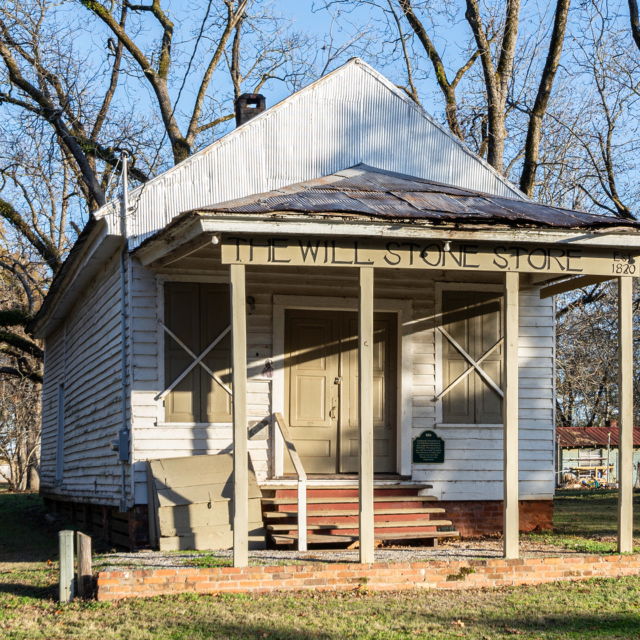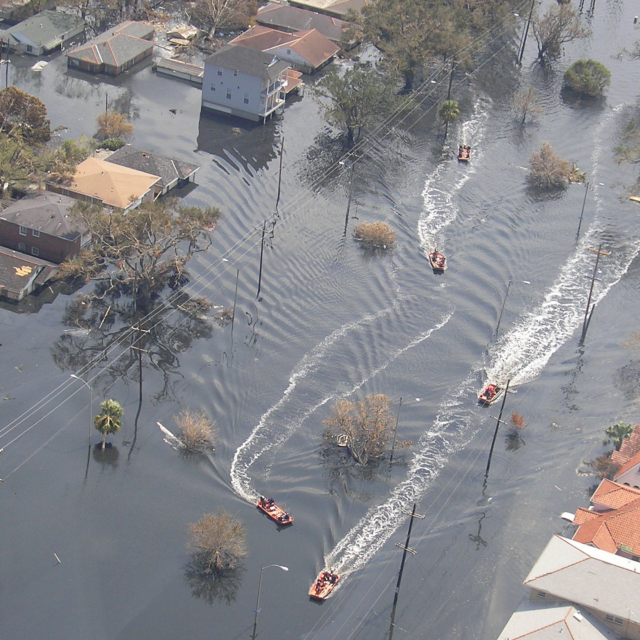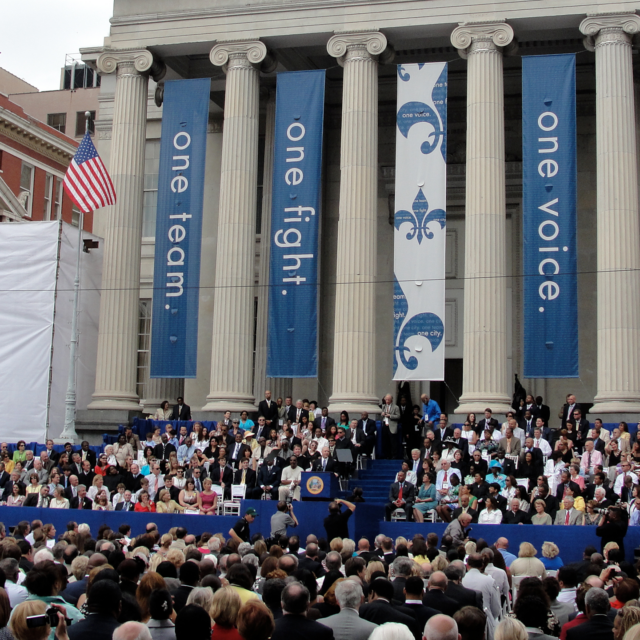Listen and subscribe to us on your favorite podcast platform:
…it’s a conflagration like we’ve never seen before. And so, I think one of the things that you have to understand about LA, is it seems—in terms of climate and weather—perfect almost all of the time. But at any moment, something awful can happen. It reminds us how fragile our civilization really is.
—Bill Fulton, founder, housing and land use consultant at William Fulton Group; former mayor of Ventura, California
On January 10, a sudden urban fire began in Los Angeles’s Pacific Palisades neighborhood, immediately scorching 200 acres. Two hours later, evacuations were ordered for the 23,000 people in the community. By morning, all Los Angeles firefighters were called to duty, prepared for the worst as 50 to 80-mph winds began to pick up and carry embers from the fire for miles.
Then the worst happened—firefighting aircraft became grounded due to the strong Santa Ana winds and hydrants, not designed for a fire of this scale, ran dry after constant use for 24 hours leaving homes and first responders defenseless. Within a short period of time, the Palisades fire razed 5,000 structures and counting to the ground.
A little over a week since the blaze began, the Palisades and nearby Eaton fire in the Angeles National Forest, remain largely uncontained. Smaller fires in the conflagration—including Hurst and Kenneth on the northeast side of LA—are nearly or 100% contained. However, 90,000 residents remain under evacuation orders and another 84,000 are under a warning. Life has come to a standstill in this portion of the nation’s second largest city and the path to recovery is uncertain.
For years, the insurance industry has been anticipating an event like this. In fact, just last summer, 70% of Palisades residents had their home policies dropped because companies determined wildfire rebuilding cost would be insurmountable. The absence of private insurance coverage, and the speed with which the fire consumed billions of dollars’ worth of property, has raised urgent questions about how and where we will choose to develop housing, businesses, and necessary institutions in a climate changed world.
In this timely episode, Ten Across founder Duke Reiter and Bill Fulton, the former mayor of Ventura, California and former director of planning and economic development for the City of San Diego, discuss the future of homeownership, insurance, and residential development in Los Angeles while this singularly tragic event continues to play out.
Related articles and resources:
“As L.A. considers rebuilding, here’s what people say they’re willing to change” (The Washington Post, Jan. 15, 2025)
“How climate change is reshaping home insurance in California—and the rest of the U.S.” (NPR, Jan. 14, 2025)
“We Will All Be Paying For L.A’s Wildfires” (The Lever, Jan. 14, 2025)
Guest Speaker
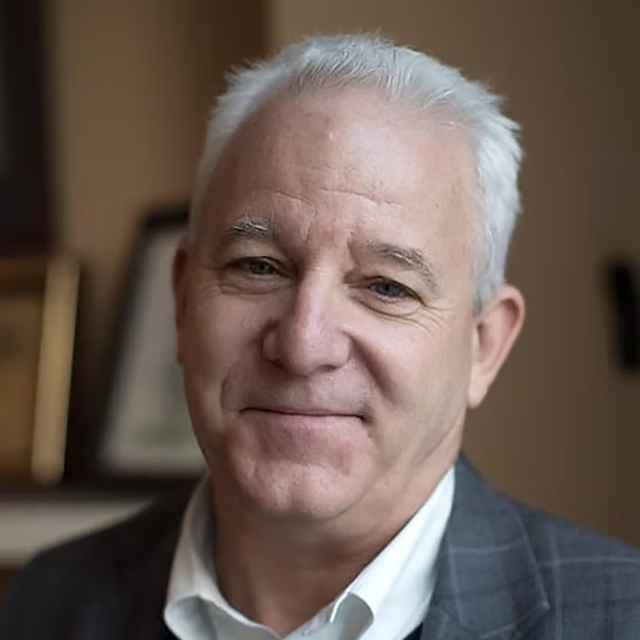
William Fulton is an author, urban planner, politician, and current professor of practice at the University of California, San Diego. Along with leading his own housing, land use, and economic development policy consulting firm, William Fulton Group; Bill is the former mayor of Ventura, California and former planning director for the City of San Diego. From 2014 to 2022, he was director of Rice University’s Kinder Institute for Urban Research in Houston, Texas. He is also the author of The Reluctant Metropolis and of The Future of Where Substack.
